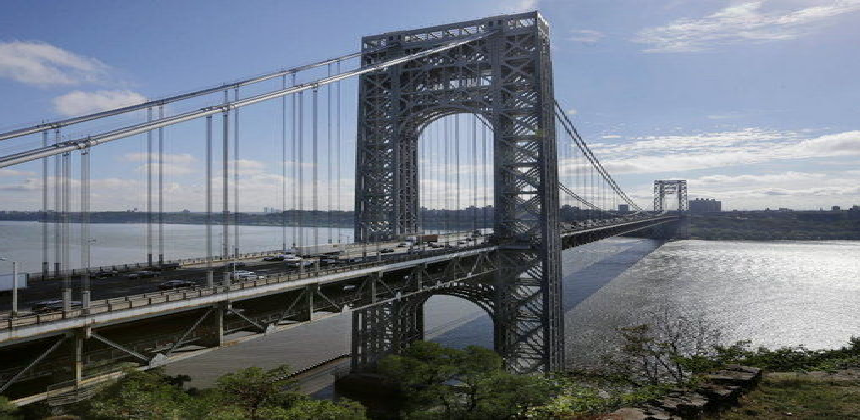This Herald News editorial reminds us of events not long past that emphasize the need for transparency at the Port Authority of New York and New Jersey. -NJFOG
JULY 3, 2015
HERALD NEWS / NorthJersey.com
(full article here and posted below)
THE PORT AUTHORITY of New York and New Jersey became more transparent this week. Governor Christie, on the day before he officially declared his candidacy for president, signed legislation that will require the Port Authority to comply with the Open Public Records Act in New Jersey and the Freedom of Information Law in New York.
This is good news on two fronts: One, it ensures that the operations of the bi-state agency will be transparent to the public. And two, that the transparency is mandated by law, not subject to the whims of the governors of New Jersey and New York or their appointees on the Port Authority board.
New York Gov. Andrew Cuomo had already signed similar legislation, so with Christie’s signature, it is now law in both states.
For too long the Port Authority operated – intentionally – behind closed doors. Decisions were hashed out far from the public eye and the public votes were often just rubber-stamp gestures. Or worse, the voting process was so sloppy – perhaps intentionally — that a former chairman of the Port Authority, David Samson, was able to cast a vote for a lease deal benefiting a client of his private law firm.
Samson would later say his vote for a 2012 deal between the Port Authority and NJ Transit was a clerical error, that he should not have been recorded as voting yes. As first reported by Staff Writer Shawn Boburg, the whole process of this lease-reduction agreement was murky at best and hard to comprehend, given Samson’s legal expertise. The deal enabled NJ Transit to reduce its rent for a park-and-ride lot in North Bergen from $907,000 to $1 a year.
Last week, the Port Authority under new leadership reversed course. The new lease is for $875,000 a year. NJ Transit will not have to make any retroactive payments to the Port Authority, but the new lease will become another financial burden for the cash-strapped transit agency.
Yet NJ Transit willingly brought this mess on itself. Its past leadership was willing to pay a substantial amount of money to Samson’s firm – up to $1.5 million — to reduce its costs. If the agency had looked at other ways of reducing its operational costs, it would not be in its current pickle.
The winner in the original lease deal was never NJ Transit riders or commuters who pay the bridge and tunnel tolls that keep the Port Authority in funds; it was Samson’s law firm. So regardless of whether the $1 million saved by NJ Transit was pushed over to the Port Authority’s ledger and now moves back to NJ Transit’s, many of the same people were and will still be paying the bill.
Which is why the open records bill is so important. These kinds of past deals will be harder to make in the future. Unfortunately, this new law should have been part of a more sweeping reform. But that legislation – passed with unanimous bipartisan support by the legislatures of New Jersey and New York — was vetoed by Christie and Cuomo. The governors instead endorsed reforms offered by their own commission.
Some of these reforms mirror what was in the vetoed bills, but there are differences, and one of the most important ones is that reform codified into law cannot be ignored by either governor. Christie and Cuomo may now agree that neither governor should have his hands in a pot of money that could be used for whatever purposes he desires. (A former New York governor, for example, was able to direct $3.5 million of Port Authority money to Jazz at Lincoln Center.) But without the weight of law there is no guarantee that what happened in the past will not happen in the future.
The open records bill signed into law this week is a significant step forward for the Port Authority. But there are more steps to take.

